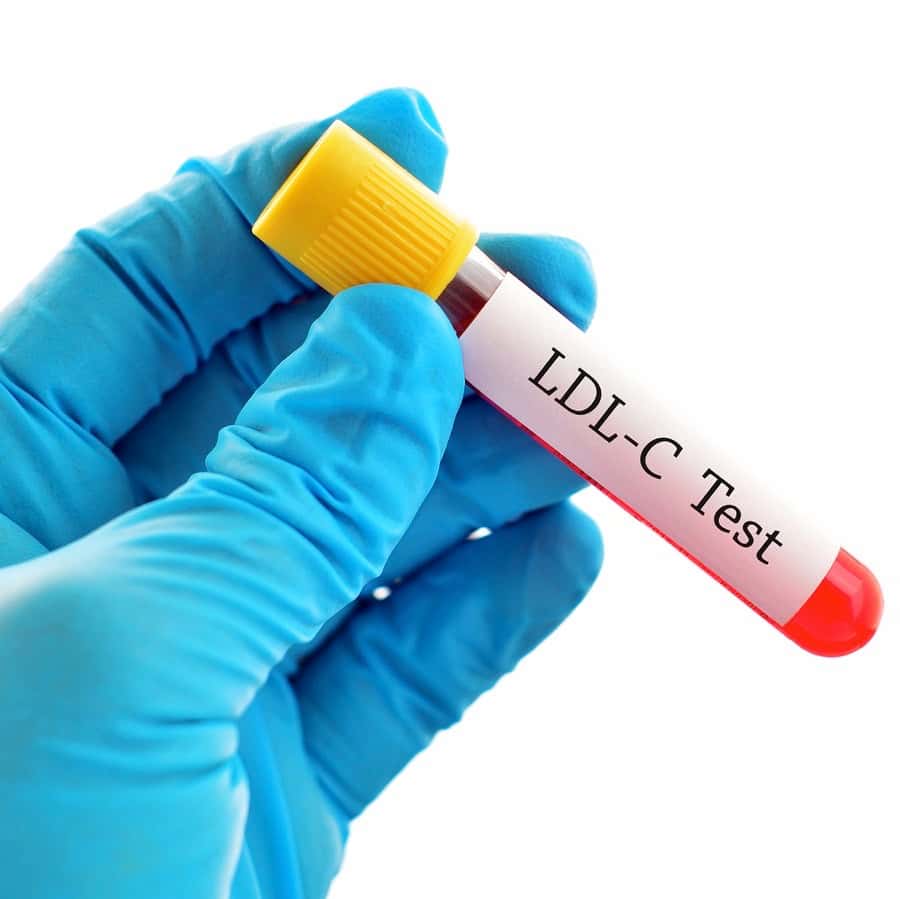
Unless you have been hiding in a cave, you know that high cholesterol is considered a major risk factor for heart disease and death from cardiovascular complications. We always like to point it that it is not the only cardiovascular risk factor. However, doctors can prescribe a number of medications that lower cholesterol levels, while they have more difficulty addressing other factors. Physicians can’t write prescriptions to control air pollution, for example (Science of the Total Environment, Nov. 3, 2019). Race and sex disparities are just as hard to address (Atherosclerosis, Nov. 1, 2019). Consequently, clinicians are enthusiastic about lowering blood lipids. Many get excited about the prospect of prescribing evolocumab (Repatha) for high cholesterol. How well does it work?
The Evidence on Repatha for High Cholesterol:
Q. Can you tell me about Repatha? Are the people who take it actually helped by it? What about side effects? Is lowering cholesterol worth the risks of taking this?
A. Evolocumab (Repatha) is an injectable medication used to lower LDL cholesterol even more than statins alone. In one study (OSLER-1), volunteers on Repatha lowered their “bad” LDL cholesterol from 140 to 61 mg/dl (Journal of the American College of Cardiology, Oct. 29. 2019).
Lowering cholesterol should not be an end in itself, however. In one major study, people taking Repatha for high cholesterol were less likely to suffer heart attacks or strokes but no less likely to die prematurely (New England Journal of Medicine, May 4, 2017). That’s despite the extraordinarily low levels of LDL that the participants achieved–an average of 30 mg/dl.
Side Effects of Repatha:
Upper respiratory tract infections, including flu, were reported more often by people taking Repatha for high cholesterol. Other side effects may include sore throat, sinusitis, gastroenteritis and injection site reactions. Back pain, muscle pain, dizziness and urinary tract infections are also more common among people on Repatha than in those taking a placebo drug. In the OSLER-1 trial, osteoarthritis, chest pain and angina were serious side effects. Some people developed severe allergic reactions that prevent them from continuing on the medication. Others dropped out out of the study because they were diagnosed with diabetes.
Who Benefits?
Experts suggest that people at the highest risk for heart disease may get the most benefit from Repatha (Current Medicinal Chemistry, online Aug. 27, 2019). The FDA approved its use for people with established heart disease, for those with familial high cholesterol and for individuals who have very high cholesterol. (They call that primary hyperlipidemia.)
You should discuss the pros and cons of this medication with your doctor. If you have heart disease and are at high risk of a heart attack or stroke, this drug might offer benefit.
In some cases, physicians have prescribed this drug (or its competitor Praluent) for people who have not been able to tolerate a statin to lower their high cholesterol. However, in many situations, people take Repatha in combination with a statin or another cholesterol-lowering drug, ezetimibe (Zetia). In summary, you and your doctor will need a thoughtful assessment whether the benefits outweigh the risks for you.
Citations
- Nhung NTT et al, "Exposure to air pollution and risk of hospitalization for cardiovascular diseases amongst Vietnamese adults: Case-crossover study." Science of the Total Environment, Nov. 3, 2019. DOI: 10.1016/j.scitotenv.2019.134637
- Hicks CW et al, "Race and sex-based disparities associated with carotid endarterectomy in the Atherosclerosis Risk in Communities (ARIC) study." Atherosclerosis, Nov. 1, 2019. DOI: 10.1016/j.atherosclerosis.2019.10.019
- Koren MJ et al, "Long-term efficacy and safety of evolocumab in patients with hypercholesterolemia." Journal of the American College of Cardiology, Oct. 29. 2019. DOI: 10.1016/j.jacc.2019.08.1024
- Sabatine MS et al, "Evolocumab and clinical outcomes in patients with cardiovascular disease." New England Journal of Medicine, May 4, 2017. DOI: 10.1056/NEJMoa1615664
- Panagiotopoulou O et al, "Dyslipidaemias and cardiovascular disease: Focus on the role of PCSK9 inhibitors." Current Medicinal Chemistry, online Aug. 27, 2019. DOI: 10.2174/0929867326666190827151012

